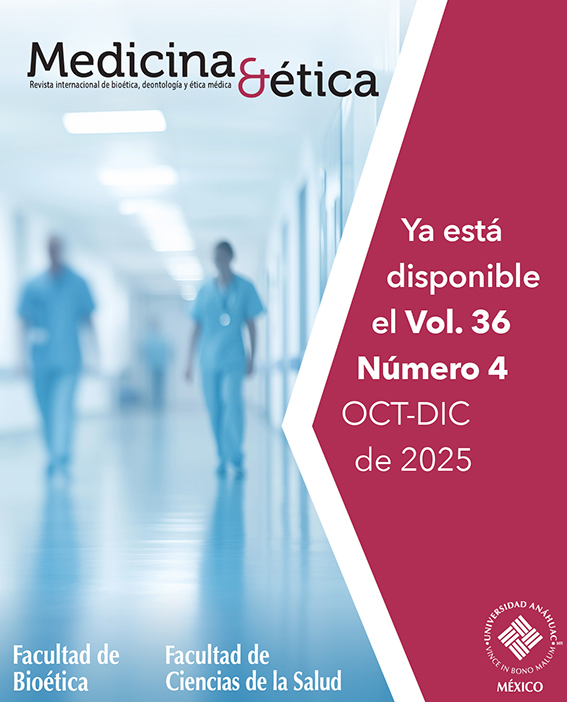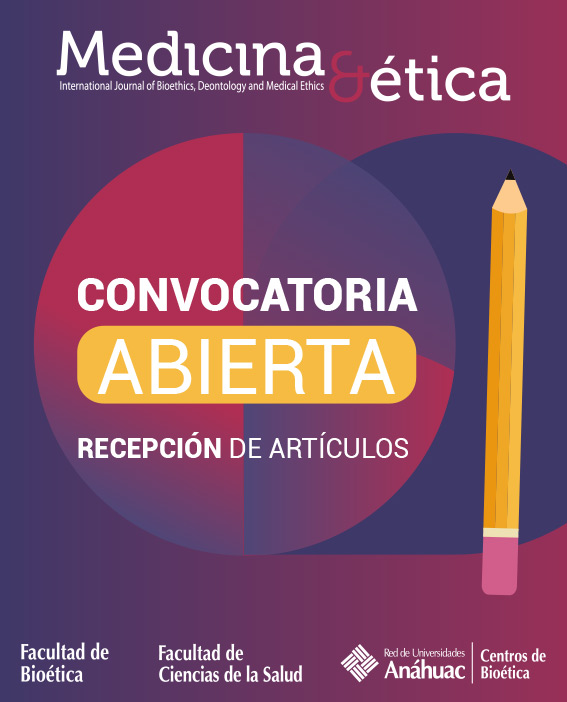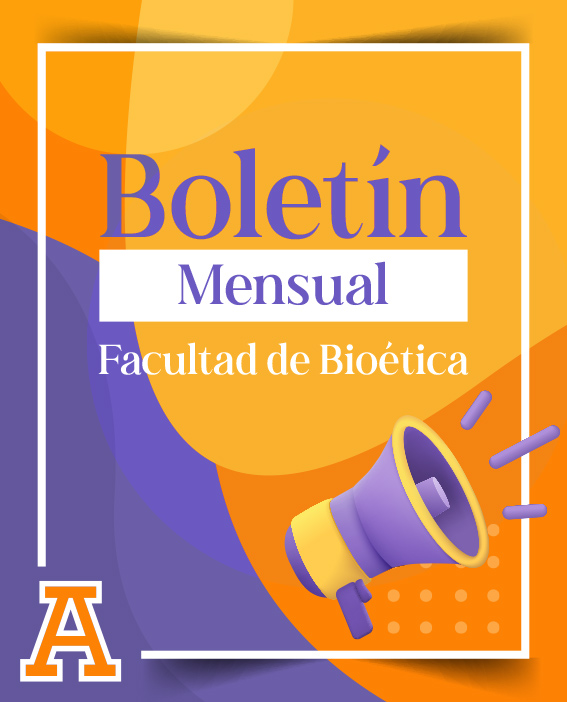
Within the framework of the 9th Commemorative Days for World Hospice and Palliative Care Day, she reflected on care as a human right and an ethical duty that should guide health policies and medical training.
On October 9, 2025, within the framework of the 9th Commemorative Days for World Hospice and Palliative Care Day, held in the Auditorium of the Toluca ISSEMyM Regional Hospital under the motto "Fulfilling the promise: universal access to palliative care", Dr. Martha Patricia Hernández Valdez, Coordinator of the Online Master's Degree in Bioethics of the Anáhuac University Mexico and Vice President of the Mexican National Academy of Bioethics, presented the conference "Caring as a right: access and palliative justice".
During her presentation, Dr. Hernández Valdez emphasized that palliative care is not exclusively for people with terminal illnesses, but should be implemented from the initial stages of any condition that causes physical or emotional suffering, seeking to improve the quality of life of the patient and their family. This comprehensive approach, she explained, is based on the understanding that care is a human right and an expression of healthcare justice, where every person should have access to pain relief, dignified support, and empathetic care, regardless of their diagnosis or prognosis.
She also highlighted that palliative care is an under-explored dimension of public health policy, and represents the obligation to guarantee equitable access, availability of essential medicines, interdisciplinary infrastructure, and ethical training for healthcare personnel. “Care cannot be a privilege nor depend on where one is born or the healthcare system that provides it. Providing care is a shared responsibility between the State, the medical community, and society,” she emphasized.
She also called for a rethinking of the healthcare model from a bioethical perspective of care, one that recognizes the value of vulnerability and human suffering, and that places the person, not the disease, at the center of clinical decisions. She emphasized that real progress in health is not measured solely by technical or technological indicators, but by the system's capacity to offer support, relief, and compassion.
Undoubtedly, this event demonstrated the importance of continuing to promote a culture of care centered on dignity, justice, and solidarity—pillars that guide both bioethics and contemporary public policies.
More information:
MPSS Estefanía Alvarez
Facultad de Bioética
bioética@anahuac.mx







